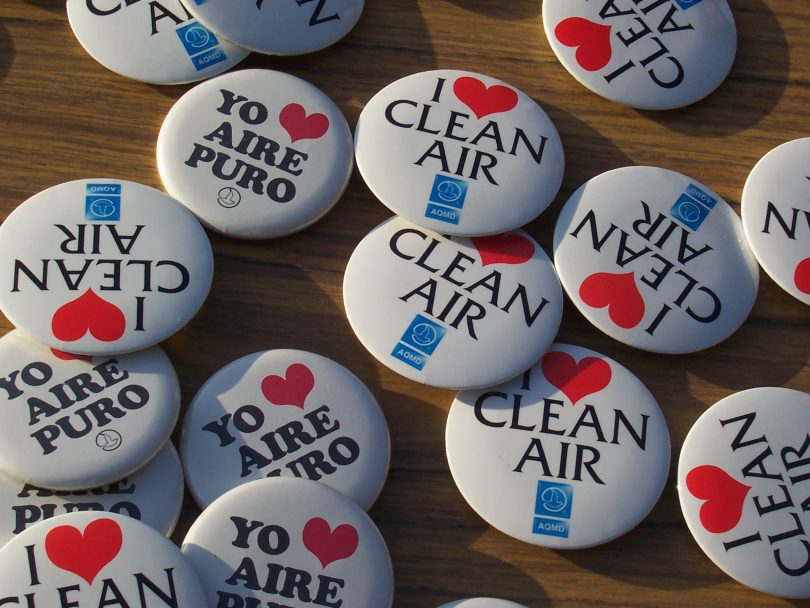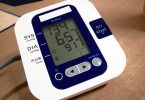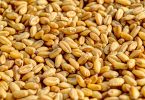REDUCE AIR POLLUTION: CITIZEN ACTION
There’s a lot that ordinary citizens can do to reduce the levels of air pollution in their cities. You just need to get your basics right, and together, we can actually bring down the pollution levels overall.
- Avoid driving automobiles run on petrol or diesel, buy CNG-fuelled or Electric vehicles as they do not emit noxious gases into the atmosphere. Statistics reveal that the number of registered electric cars in UK alone has shot up by more than 25 percent in the past four years.
- You can also check indoor air-pollution by avoiding fuels like wood or biomass and shifting to LPG, biogas or solar cook stoves.
- Witnessing the rising level of minute dust particles and ultra-fine pollutants (or suspended particulate matter) in the atmosphere, it is ideal to wear surgical masks when you are walking outdoors as it checks the inhalation of polluted air into your lungs.
- Walking as well as pedalling a bicycle are recommended asgreat alternatives to combat outdoor air pollution.
- As a matter of fact, you inhale more polluted air while jogging than walking. So, jog in places away from high traffic zones and exercise in green areas like parks where you can inhale fresh air.
- When you do exercise outside, stay as far as you can from heavily trafficked roads. Then shower and wash your clothes to remove fine dust
- Ideally, you should jog prior to the commencement of traffic, which is the early hours of the morning, when the air is considerably unpolluted.
- Avoiding busy main roads while walking, for your own safety and a pollution-free walk. Even if you are walking next to the traffic, walk far from the kerb since you will inhale lesser pollution if you are further away from the kerb.
- If the air quality outdoors is really bad, stay inside home with windows closed.
- Use public transport since the number of passengers travelling in a single bus are likely to drive 40 cars.
- Avoid residing in high traffic areas as pregnant women who live in high traffic areas have a 22% higher risk of having children with impaired lung function than those living in less polluted areas.
- Readily-available houseplants can help filter some harmful compounds out and check indoor air-pollution. Helpful plants include: peace lilies, English ivy, cornstalk dracaena and broadleaf lady palm.
- If the air quality is bad, stay inside with windows closed.
- Avoid driving a car whenever you can, walk, ride a bike, or take public transportation.
- If you have to drive a car, select cars that get better miles per gallon of gas or choose an electric car.
- To avoid burning of fossil fuels leading to air-pollution, you can try to find ways to ensure that your electricity be supplied by wind or solar.
- Try to purchase your food in the local market to avoid the burning of fossil fuels in transporting your food in from across the country.
- Burn less fossil fuels e.g. use less petrol / diesel by driving less.
- Change over to more environment-friendly vehicles and vehicles fuelled by clean energy.
- Campaign to reduce coal fired power stations and replace them with electricity from renewable sources (wind, solar, water).
- Campaign to install fabric filters in cement kilns, de-nitration equipment in fossil fuel power plants, particle filters in waste burners.
- Conserve energy – remember to turn off lights, computers, and electric appliances when not in use. Use energy efficient light bulbs and appliances.
- Limit driving by car-pooling, using public transportation, biking and walking. Combine errands for fewer trips.
- Use electric or hand-powered lawn care equipment.
- Be careful not to spill gasoline when filling up your car or gasoline powered lawn and garden equipment. Run dishwashers and clothes washers only when full.
- Choose environment-friendly cleaners.
- Containers of household cleaners, workshop chemicals and solvents, and garden chemicals should be sealed to prevent volatile organic compounds from evaporating into the air.
- Indoor air pollution can be reduced by making sure that a building is well-ventilated and cleaned regularly to prevent the build-up of agents like dust and mold. It is essential to remove pollutants or irritants (aerosols, stringent cleaning supplies, etc.) whenever possible.
- To check indoor air-pollution, it is a good idea to purchase an air-filter, whether it is your home or office.







